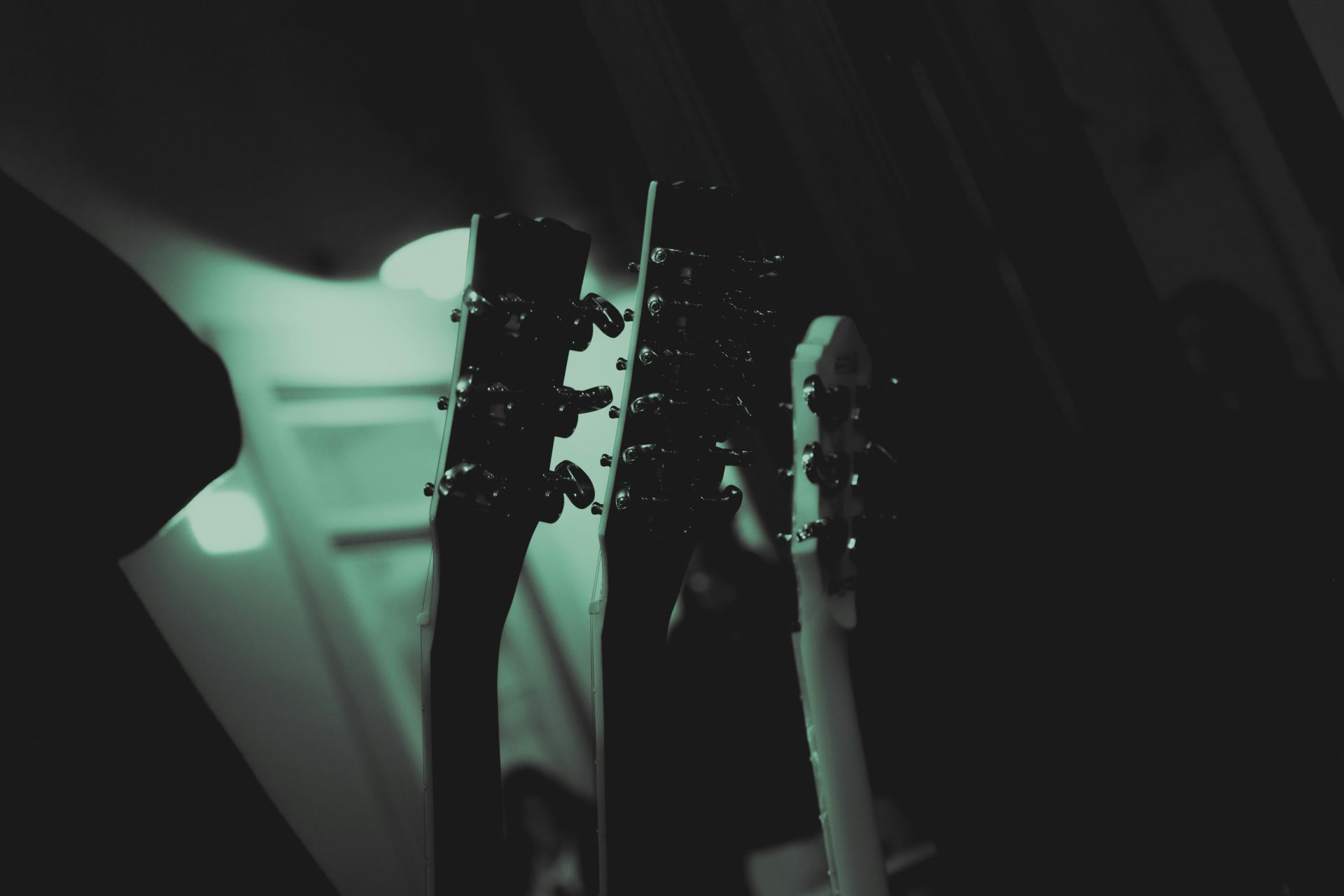He didn’t ask to be an icon. He didn’t want a spotlight—just a stage. And yet, Kurt Cobain became the reluctant voice of a generation, crowned not with gold but with distortion, heartache, and flannel sleeves rolled halfway up his arms.
When Nirvana erupted from the Pacific Northwest, they didn’t glide in—they cracked the world open. “Smells Like Teen Spirit” wasn’t just a song. It was an awakening, a raw scream echoing through school hallways and suburban bedrooms. It sounded like what everyone felt but no one could articulate: disillusionment, confusion, a yearning to break free from the plastic gloss of pop culture.
Kurt didn’t perform to entertain. He performed because he had to. His lyrics weren’t crafted for radio—they were ripped from journals, half-muttered confessions wrapped in fuzz. There was poetry in his pain, melody in his madness. His voice could lull you like a lullaby one moment and shatter glass the next.
He wasn’t interested in fame. He hated its hunger. As Nirvana grew into a global phenomenon, Cobain shrank from the glare, retreating into his art, his family, and often, his silence. He challenged the industry that elevated him, calling out hypocrisy, sexism, racism—never with a podium, always with a guitar and a glare.
Grunge wasn’t just a genre. It was a reaction. A rebellion against the polished, prepackaged sound of the ’80s. It was dirt under fingernails, rips in denim, truth in imperfection. And Kurt Cobain was its pulse. He didn’t invent grunge, but he gave it a face—a pale, tired, brilliant one that refused to smile on cue.
Offstage, he was complex. A father. A husband. A man struggling with addiction and the weight of his own myth. He painted. He wrote. He loved fiercely and suffered deeply. And when he left the world at just 27, it felt as if the music itself paused for breath.
But his legacy didn’t vanish in silence. It echoed. In the rise of alternative rock. In the honesty of modern singer-songwriters. In every young artist who dares to be vulnerable, to make noise without apology. His influence lives not just in albums, but in the courage to create without compromise.
Kurt Cobain didn’t want to be remembered as a rock god. He wanted to be heard. And even now, decades later, when a guitar growls into life and a lyric cuts deeper than expected, it’s easy to believe he still is.
Not gone. Just loud in a different way.

